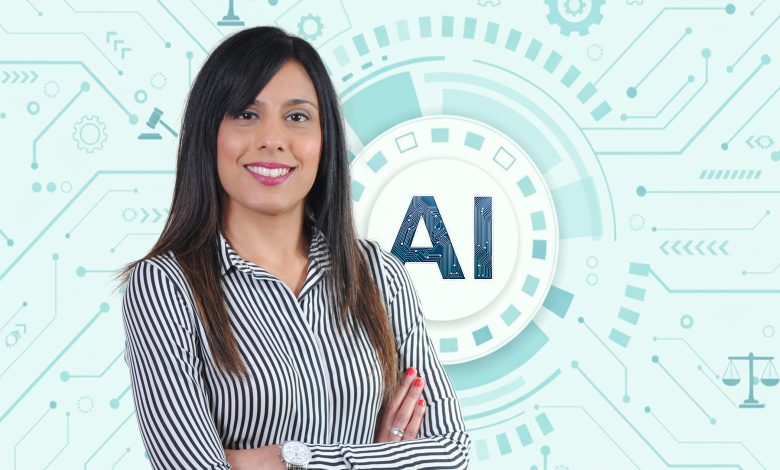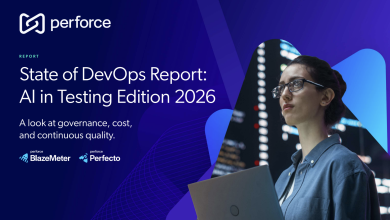
Artificial intelligence is no longer a distant concept confined to tech or data science — it is already influencing how life-changing decisions are made about some of society’s most vulnerable people. In England and Wales, we are beginning to see its reach extend into areas such as homelessness determinations, housing benefit assessments, and local authority decision-making.
This quiet revolution raises profound questions for lawyers, policymakers, and citizens alike. When an algorithm helps decide whether a person qualifies for accommodation or support, what safeguards exist to ensure the decision is fair, lawful, and humane?
The Human Cost of Automation
Homelessness decisions sit at the intersection of law, welfare, and human vulnerability. They involve assessing complex personal circumstances — domestic abuse, mental health, disability, or sudden financial crisis — through the lens of the Housing Act 1996. These are rarely clear-cut matters. They demand empathy, discretion, and context.
When algorithms are introduced to streamline these processes — for example, by triaging applications or flagging “high-risk” cases — the potential for misunderstanding or misclassification increases. A single mother fleeing domestic abuse without paperwork, or a young person with undiagnosed autism, might easily be misrepresented by data alone.
Such scenarios underline a key truth: technology cannot replace human judgment where the law requires compassion, nuance, and a full understanding of context.
Fairness, Transparency, and Accountability
The use of AI in public decision-making challenges long-held legal principles. How can claimants challenge decisions when the process that led to them is hidden within proprietary code? Who bears responsibility if an algorithmic tool produces an unlawful or discriminatory outcome?
For lawyers, these questions demand more than policy awareness — they require an active role in scrutinising the systems themselves. Public law practitioners are already exploring how to ensure transparency obligations extend to algorithmic reasoning, and how judicial review may adapt to these new forms of decision-making.
Legal Aid and Access to Justice in the AI Era
Beyond its impact on decision-making, AI could also reshape how individuals access legal support. On one hand, it may improve efficiency by helping identify those eligible for legal aid or by automating administrative processes. On the other, it risks introducing new barriers — excluding people based on incomplete or biased data, or making it harder to challenge decisions generated by opaque systems.
The challenge for the legal profession is to ensure that the drive for technological efficiency does not come at the expense of equality before the law. As AI tools become embedded in both government and legal service delivery, questions of accessibility and fairness will only grow more urgent.
Beyond Housing Law: A Wider Reckoning
Homelessness law is simply the front line of a much larger issue. The use of algorithmic decision-making in public administration — from welfare to immigration to child protection — raises universal questions about due process and human rights.
At stake is not only whether technology works, but whether it works fairly. Automation can easily replicate the biases of its designers or the data on which it is trained. Without vigilance, it risks entrenching inequality under the guise of neutrality.
A Call for Legal Leadership
The legal profession cannot afford to stand back. Lawyers have a vital role in shaping how these technologies are scrutinised, deployed, and governed. We must advocate for transparency in public sector algorithms, insist on human oversight in high-stakes decisions, and ensure that access to justice remains meaningful in an increasingly digital world.
Continuing the Conversation
The conversation is not just for specialists. As technology transforms how legal systems operate, it is vital that practitioners across all areas — from housing and public law to family, immigration, and criminal defence — engage with what these changes mean in practice.
About the Author
Manjinder Kaur Atwal is a Director and Solicitor specialising in Housing and Property Litigation at Duncan Lewis Solicitors. Recognised by The Legal 500 as a Next Generation Partner for six consecutive years, she is known for her expertise in homelessness law and her commitment to protecting access to justice for vulnerable clients.


